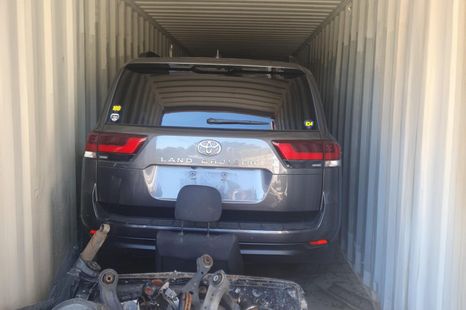

Damion Smy
Toyota says it has "no update" as it works to combat HiLux, LandCruiser thefts
8 Hours Ago
The UK looks set to push back a number of key climate initiatives, including its ban on petrol and diesel new car sales.

Contributor


Contributor
New car buyers in the United Kingdom may be able to buy petrol and diesel vehicles up until 2035, instead of 2030 as initially planned.
The BBCreports UK Prime Minister Rishi Sunak is planning to roll back a number of climate-focused initiatives put in place by his predecessors.
One of those initiatives is the 2030 petrol and diesel new car sales ban put in place by Prime Minister Boris Johnson in 2020 – recently described as “immovable” by a minister in Mr Sunak’s cabinet.
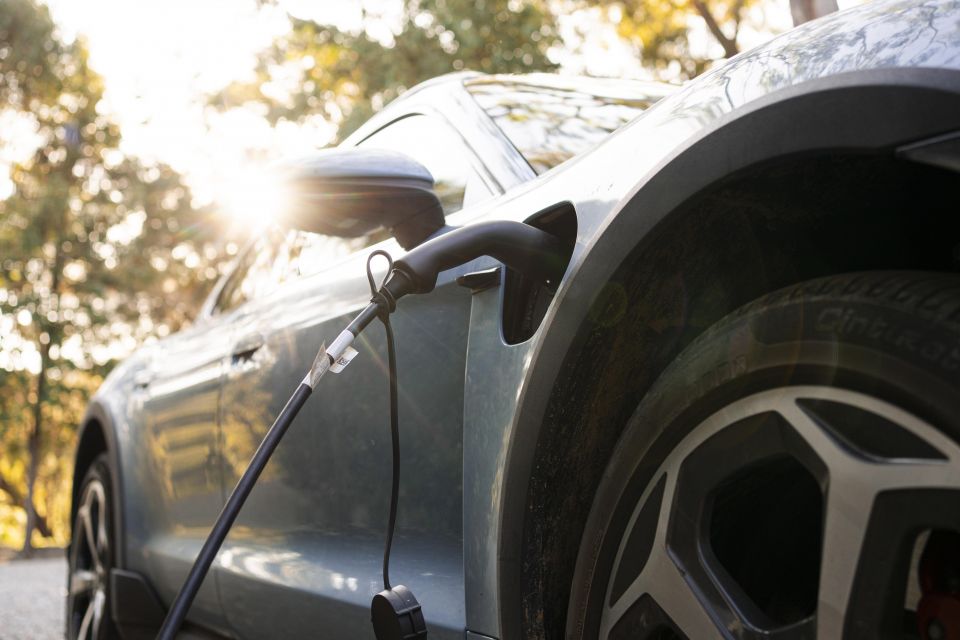
The finer points of Mr Sunak’s plan to push back the sales ban haven’t been detailed.
The existing 2030 ban was for petrol and diesel-engined vehicles, with a provision for “hybrid cars and vans that can drive a significant distance with no carbon coming out of the tailpipe” – long-range plug-in hybrids – to remain in showrooms until 2035.
To help the transition to electric vehicles, the UK Government promised it would invest £1.3 billion ($2.4 billion) in charging points, with priority given to fast chargers on motorways and major roads to quell range anxiety.
On-street charging points will also be installed near workplaces and homes.
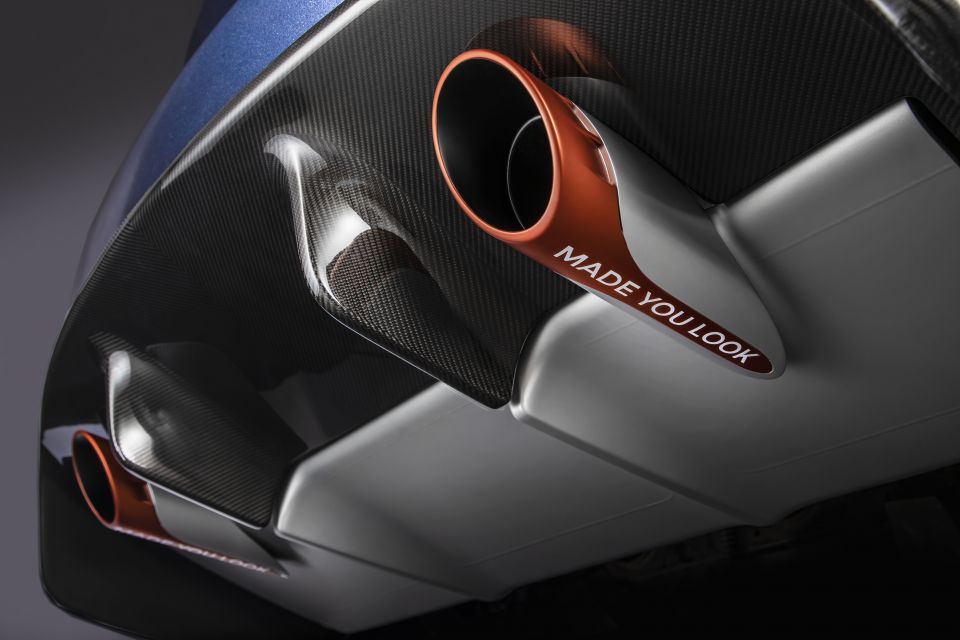
According to the government’s proposed timeline, by 2030 motorways and major roads will have 2500 “high powered charge points that can charge your car so it can drive over 100 miles [160km], all in the time in the time it takes to have a cup of coffee”.
If the Sunak Government is to follow through and push the ban back, it will align the UK with what we’re expecting from the European Union.
After pushback from Germany and Italy, which led to an exemption being carved out for vehicles powered by e-fuels, the European Union has passed a ban on internal-combustion vehicle sales for 2035.
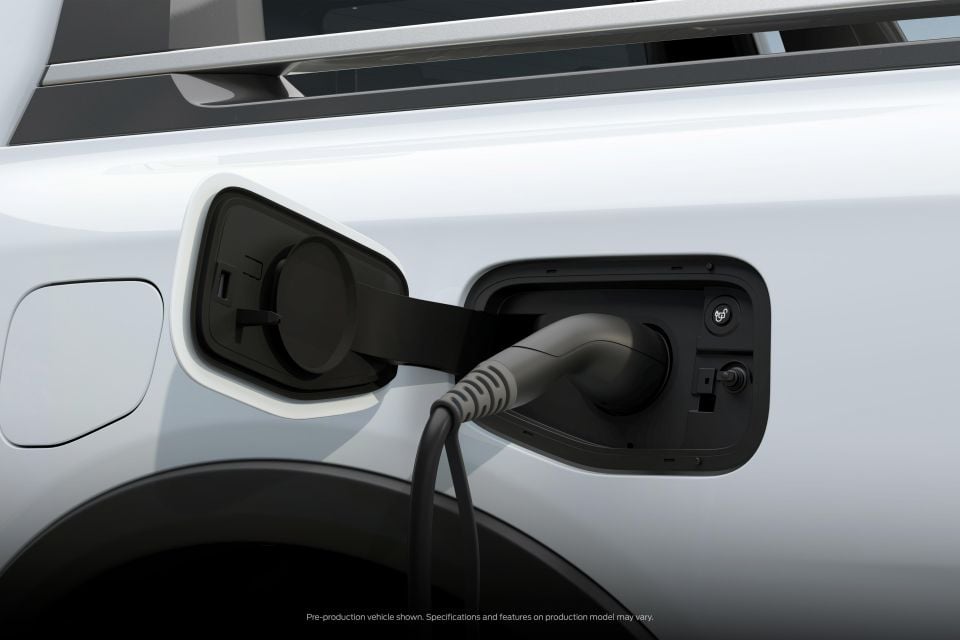
Along with Germany and Italy, a number of the world’s biggest carmakers have expressed concern about the idea of a petrol and diesel sales ban.
“The dogmatic decision that was taken to ban the sale of thermal vehicles in 2035 has social consequences that are not manageable,” Stellantis CEO Carlos Tavares told media late in 2022.
Mr Tavares said a forced transition to EVs would price people out of the market – suggesting a view that battery costs will not reduce enough to get to parity point with ICE.
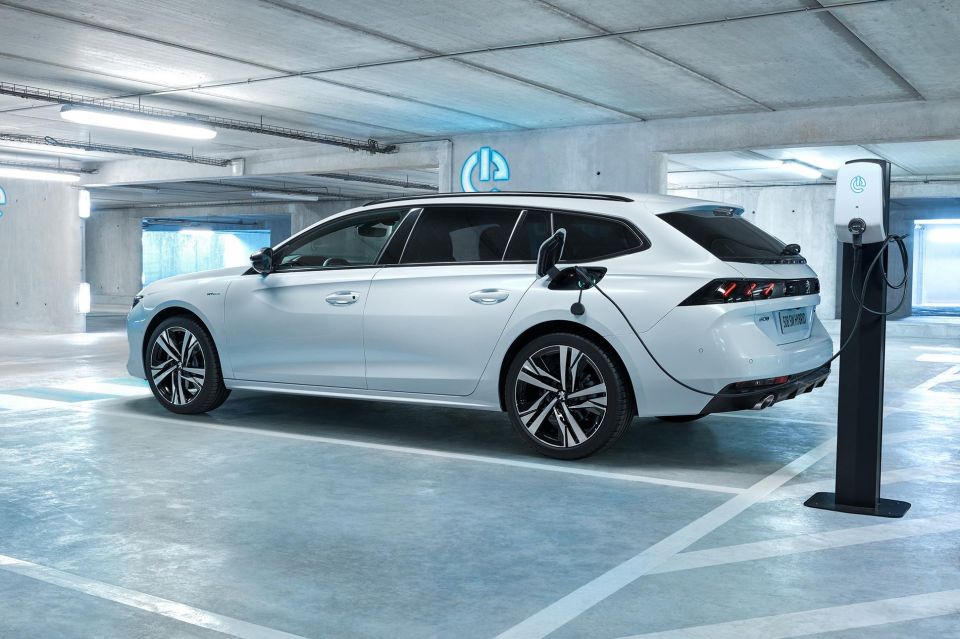
“If you deny the middle classes access to freedom of movement, you are going to have serious social problems,” he contended, pointing to his company’s electrified hybrids as a middle ground that would still have merit longer-term.
“What we have to offer our European leaders is a transitional solution,” he said, claiming these more affordable models still cut emissions by 50 per cent.
Scott Collie is an automotive journalist based in Melbourne, Australia. Scott studied journalism at RMIT University and, after a lifelong obsession with everything automotive, started covering the car industry shortly afterwards. He has a passion for travel, and is an avid Melbourne Demons supporter.


Damion Smy
8 Hours Ago


CarExpert
8 Hours Ago
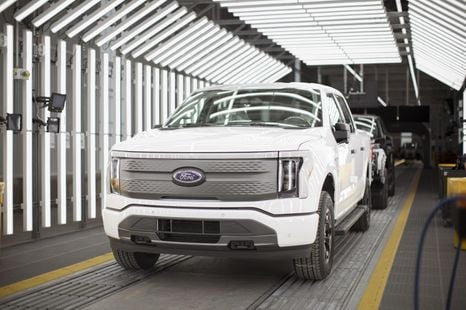

Alborz Fallah
8 Hours Ago
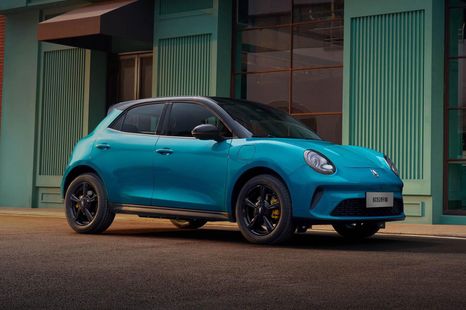

Derek Fung
10 Hours Ago
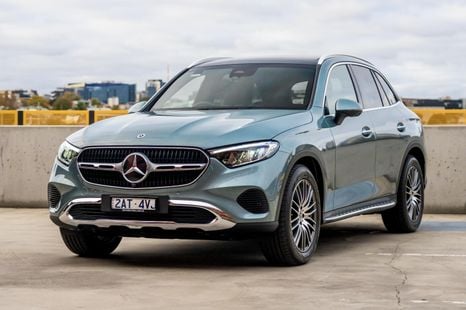

Max Davies
17 Hours Ago
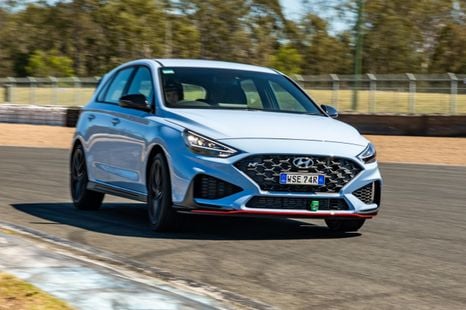

James Wong
1 Day Ago
Add CarExpert as a Preferred Source on Google so your search results prioritise writing by actual experts, not AI.